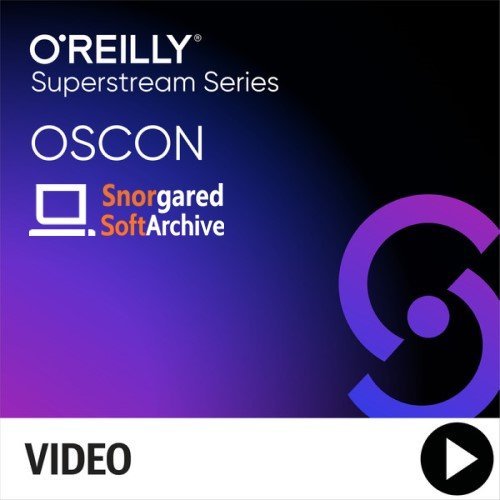
Instructors: Kelsey Hightower, …
April 2021 | Duration: 2h 53m
Video: MP4 1920×1080 48 KHz | English
Size: 2.6262 GB
Go is now over a decade old, but that doesn’t mean it’s showing its age. As open source projects across industries have adopted Go, the language has continued to grow and change to meet their needs. Recent and forthcoming additions to the language, such as generics and modules, will alter Go programming dramatically. What do these developments mean for adoption? (Why, for example, is Go the language chosen by so many CNCF projects?) And what features do expert Go developers see as the backbone of the future of programming?
Join us to hear expert insight into how the Go language is changing open source development, what makes it right for so many open source projects, and how developers can use Go’s unique new features to build secure, reliable, and efficient applications.
About the OSCON Superstream Series: Each day in the four-part OSCON Superstream Series covers a different programming language and its ecosystem, with unique sessions including keynotes from language luminaries, debates on controversial topics, and hands-on coding talks. And they’re packed with insights from innovators and the latest tools and technologies to help you stay ahead of it all.
What you’ll learn-and how you can apply it
Learn how best to approach using generics in Go code
Discover how to extend Go applications
Understand techniques for working in someone else’s codebase
Find out what to do when concurrency goes wrong in your Go applications
This Superstream is for you because…
You’re a Go developer who wants to learn how newer features such as generics will affect your code and applications.
You’re a software developer interested in learning more about Go as a language for developing tools, web services, or working with distributed systems.
You’re an engineer, developer, or DevOps specialist looking to understand how Go is shaping observability and container management.
Password/解压密码www.tbtos.com
转载请注明:0daytown » Go: Generics, Extensibility, and the Future of Go in Open Source Programming